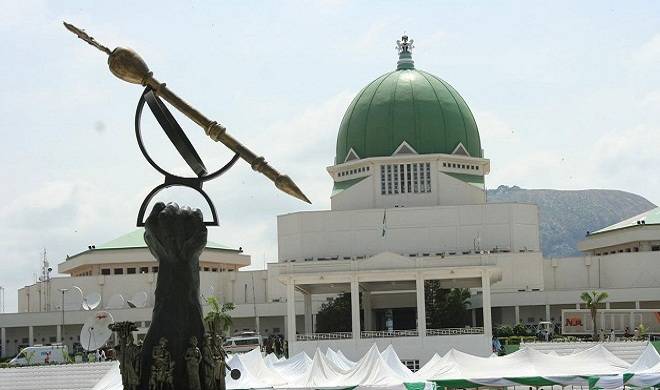Please note that under the Constitution and the law, Proclamation of the Legislature and the election of Presiding Officers are two separate though related events in the life of any Legislative House in Nigeria
The act of Proclamation of the House, is the Constitutional duty of the President or the Governor of a State and it’s performed in the Chambers of the Legislature with the elected Members in attendance.
The Proclamation inaugurates the Legislature and gives it the first breath of it’s Legislative life
By the custom and established convention in most Legislatures, the first act of the Legislature after it’s Proclamation, is the election of the Presiding Officers to pilot the affairs of the House
This is absolutely necessary because it’s the requirement of the Constitution that every Legislature must have a Presiding Officer to take charge of the Proceedings of the House
Therefore, the Constitutional responsibility of the President or Governor ends with the Proclamation, while the election of the Presiding Officer is the sole prerogatives of the Members elect..
The Constitution states that the Members should elect the Presiding Officers from among themselves, in an election conducted under the Rules and Procedures of the Legislature
It’s thus very clear the Legislature can not proceed to elect the Presiding Officer before the Proclamation, as the House did not come into existence until it is proclaimed
It’s also wrong to assume that the act of Proclamation by the Executive confers any legal validity to the election of the Presiding Officer.
There is no nexus in law between the two, even though they may take place successively in time and in the same venue
It’s also not a requirement of the law that the President or the Governor must approve the outcome of the election of the Presiding Officer of any Legislature in Nigeria
It is the absolute prerogative of the Legislature to uphold the election of their Presiding Officers and where there is a dispute or challenge about the process or the outcome, the Legislature must first make attempts to resolve it or failing an amicable resolution, the Court should be invited to intervene, since it’s a Constitutional matter.






